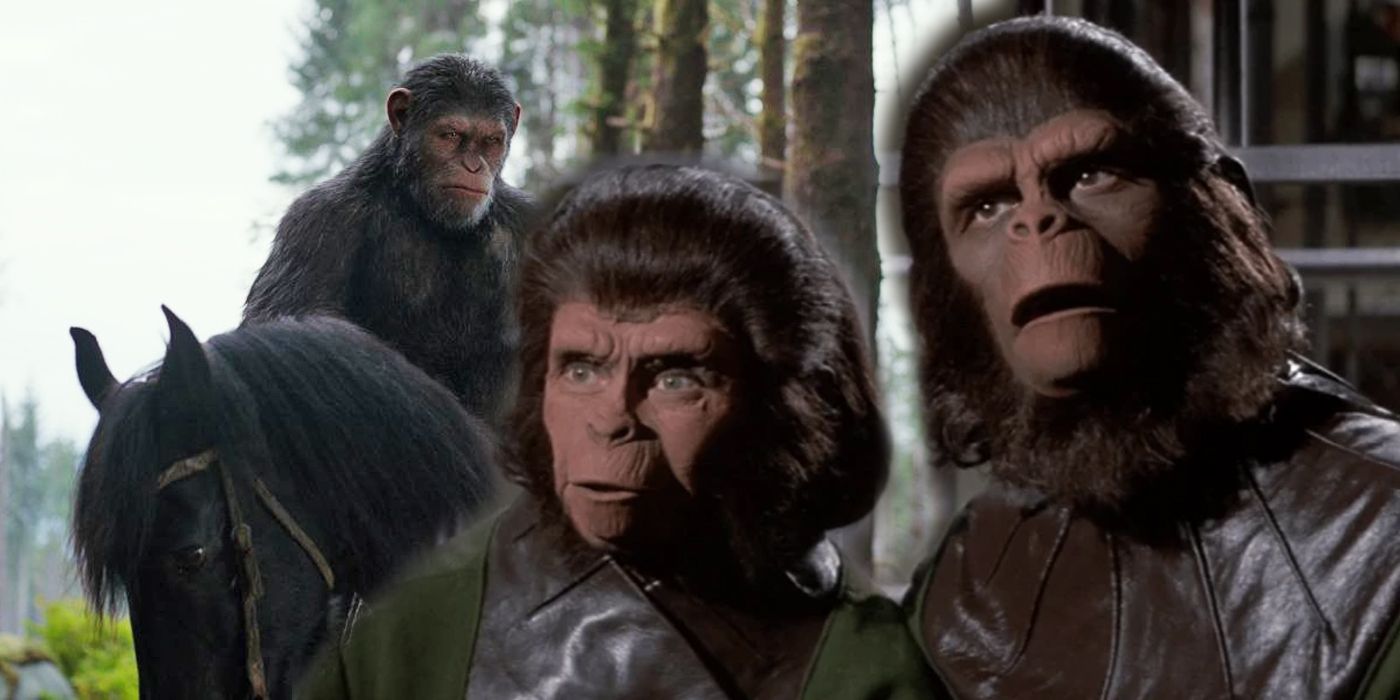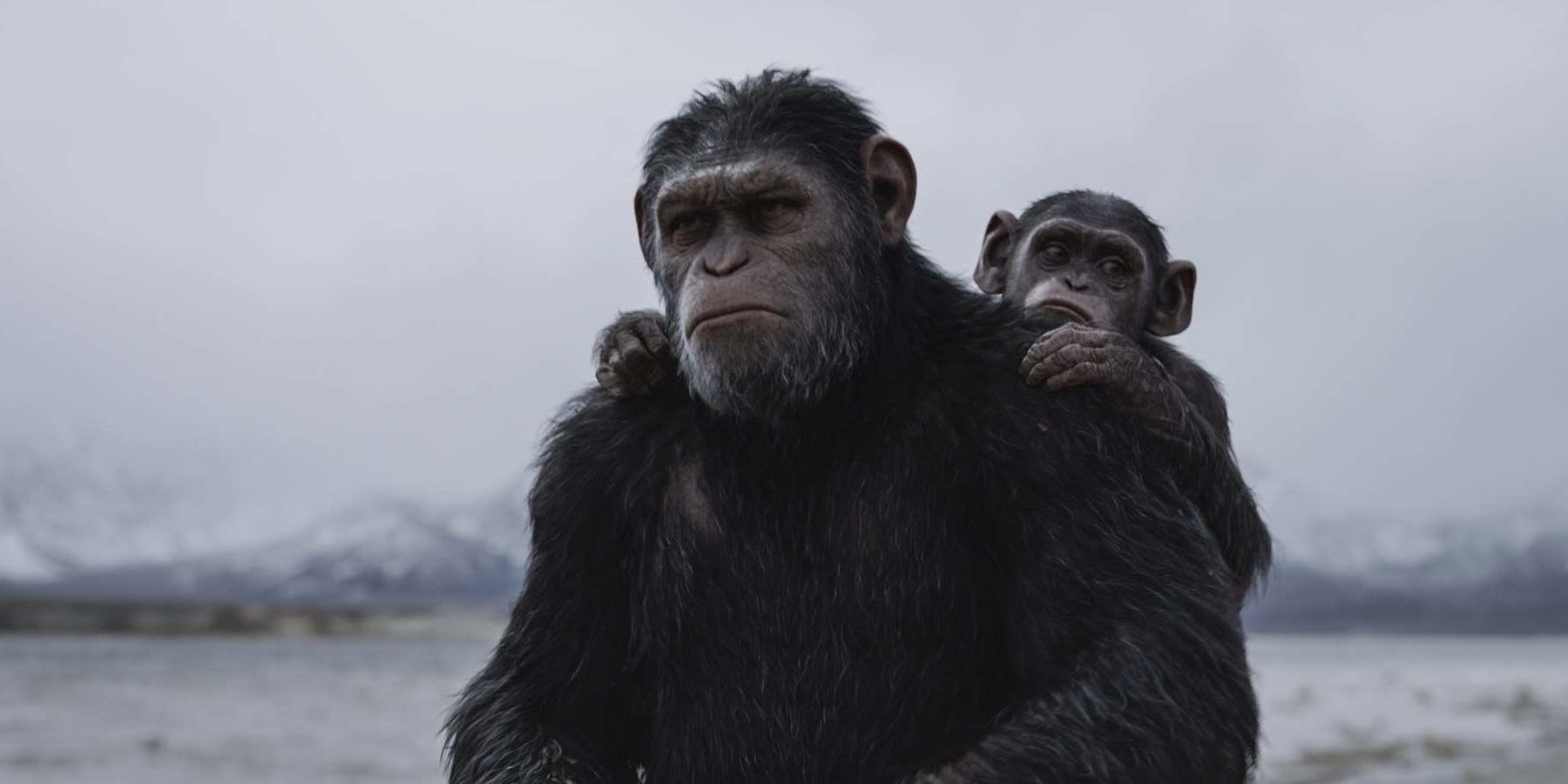The original Planet of the Apes is one of the most iconic sci-fi movies of all time; however, the prequel trilogy — beginning with Rupert Wyatt's Rise of the Planet of the Apes in 2011 — is the better series. 20th Century Fox released the original Planet of the Apes movie in 1968, and the film's success launched a franchise comprising movie sequels, a toy line, and a TV series. Although the franchise's popularity declined in the mid 1970s, the property was given new life in the 21st-century thanks to the reboot series, which proved to be more critically and financially successful than the original movies were.
Originally based on a Pierre Boulle novel, Planet of the Apes was a critical and commercial success. The movie was considered groundbreaking at the time for its special effects, and the movie's twist ending remains a fixture of popular culture today. The original Planet of the Apes isn't the best movie in the franchise, but it is undeniably the most important.
The four sequels in the original Planet of the Apes series, however, failed to live up to the high standards of the original film. Only Escape from the Planet of the Apes (1971) received positive reviews, while Beneath the Planet of the Apes (1970), Conquest of the Planet of the Apes (1972), and Battle for the Planet of the Apes (1973) were all met with mixed reviews. None of the sequels came close to achieving the box office success of the first film. In contrast, all three movies in the reboot series were critical and financial hits; thus, taken as a whole, the reboot series is the more successful of the two.
2011's Rise of the Planet of the Apes reinvigorated the Apes franchise by offering a fresh new angle for the story: the events leading up to the eventual "age of the apes." 20th Century Fox had previously tried to reboot the property with the Tim Burton helmed Planet of the Apes, without success. Rise took a different approach to the subject matter, avoiding the clichés associated with the franchise and grounding the story in breathtaking special effects, a heartbreaking (and relatable) story, and — most importantly — a believable cautionary tale of scientific hubris gone awry (perhaps predicting the incident with the escaped coronavirus monkeys). Dawn of the Planet of the Apes continued the story, showing the aftermath of the deadly plague that had wiped out most of humanity, while War for the Planet of the Apes brought the human-ape conflict to a resolution.
The Planet of the Apes reboot is one of the few examples of an iconic franchise finding new life thanks to a well-done remake. Far too often, attempts to recapture the magic of an original hit are disappointing ventures. With Disney looking to continue the Planet of the Apes franchise with a sequel directed by Wes Ball, the reboot series is far from over. Hopefully, whatever comes next in the Planet of the Apes universe will live up to the high standards set by the existing three films.


